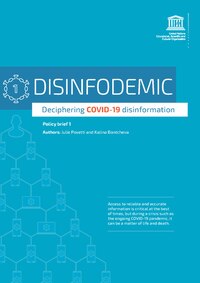
Photo from wikipedia
Background Over the course of the COVID-19 pandemic, previous studies have shown that the physical as well as the mental health of children and adolescents significantly deteriorated. Future anxiety caused… Click to show full abstract
Background Over the course of the COVID-19 pandemic, previous studies have shown that the physical as well as the mental health of children and adolescents significantly deteriorated. Future anxiety caused by the COVID-19 pandemic and its associations with quality of life has not previously been examined in school children. Methods As part of a cross-sectional web-based survey at schools in Mecklenburg-Western Pomerania, Germany, two years after the outbreak of the pandemic, school children were asked about COVID-19-related future anxiety using the German epidemic-related Dark Future Scale for children (eDFS-K). Health-related quality of life (HRQoL) was assessed using the self-reported KIDSCREEN-10. The eDFS-K was psychometrically analyzed (internal consistency and confirmatory factor analysis) and thereafter examined as a predictor of HRQoL in a general linear regression model. Results A total of N = 840 8–18-year-old children and adolescents were included in the analysis. The eDFS-K demonstrated adequate internal consistency reliability (Cronbach's α = 0.77), and the confirmatory factor analysis further supported the one-factor structure of the four-item scale with an acceptable model fit. Over 43% of students were found to have low HRQoL. In addition, 47% of the students sometimes to often reported COVID-19-related fears about the future. Children with COVID-19-related future anxiety had significantly lower HRQoL (B = – 0.94, p < 0.001). Other predictors of lower HRQoL were older age (B = – 0.63, p < 0.001), and female (B = – 3.12, p < 0.001) and diverse (B = – 6.82, p < 0.001) gender. Conclusion Two years after the outbreak of the pandemic, school-aged children continue to exhibit low HRQoL, which is further exacerbated in the presence of COVID-19-related future anxiety. Intervention programs with an increased focus on mental health also addressing future anxiety should be provided.
Journal Title: Frontiers in Public Health
Year Published: 2022
Link to full text (if available)
Share on Social Media: Sign Up to like & get
recommendations!